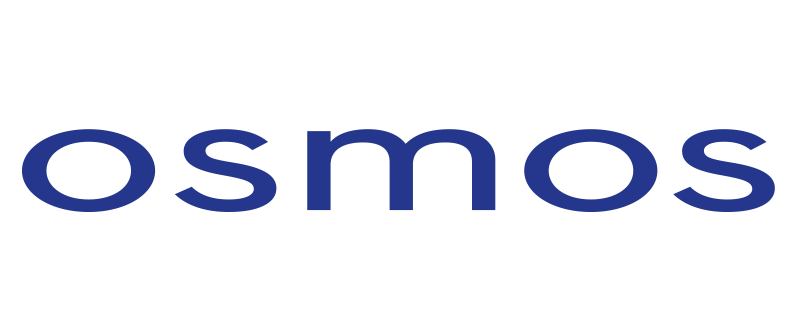Advanced algorithms & Research
The OSMOS Mathematics Department works closely with our team of structural and civil engineers. Their mission: designing cutting-edge mathematical tools in order to improve our analyses and to provide our clients with increasingly precise and relevant information.
To this end, OSMOS is developing research partnerships with French and international institutions to enrich the state of the art on the study and knowledge of structures and to put it at the service of Structural Health Monitoring. This work is then used in the development of our data processing algorithms, which allows us to constantly improve the quality of our analyses.
Stability index
OSMOS’s methodology consists of exploiting the continuous measurements recorded, looking at different time scales (from instant to seasonal cycles), in order to deduce the relevant indicators for the bridge’s structural behavior and to establish a concrete assessment of its stability.
Weigh-in-motion and deformation WiM+D®
Our WiM+D ® system allows us to determine in real time, the weight, speed and configuration of the vehicles passing over a bridge and to estimate their impact on its state. Thanks to deformation measurements, it is possible to verify the normal behaviour of the deck under the effect of live loads.
Identification of vibration modes
OSMOS records the dynamic characteristics of a structure (frequency, damping rate and modal deformation of each vibration mode) to define its intrinsic signature. In the case of major stresses (shock, earthquake), studying the modifications of the signature makes it possible to know whether the building has suffered damage, to locate it and to assess its criticality.
Inter-floor movements estimate
When an earthquake occurs on a high-rise building, a rapid analysis of the acceleration measurements during the earthquake makes it possible to estimate the extreme relative displacements of the floors and to evaluate the damage according to this criterion, adopted in certain countries located in highly seismic zones.
We develop and produce our own analytical tools and then test and validate new data processing methods, which allows us to constantly innovate, in terms of both our processes and the quality of information we provide.
As a pioneer of Structural Health Monitoring (SHM), OSMOS has initiated decisive research projects and relies on highly renowned scientific partners.
